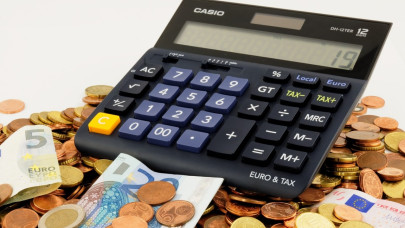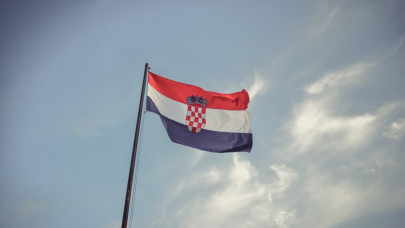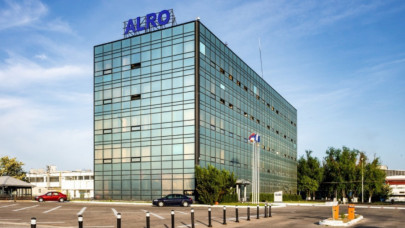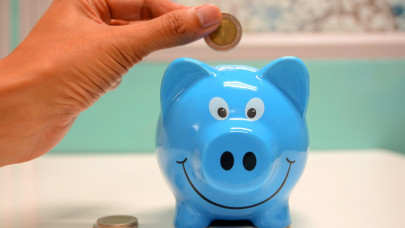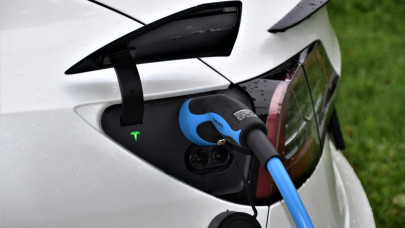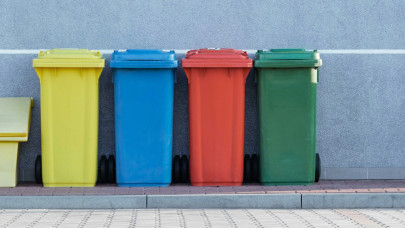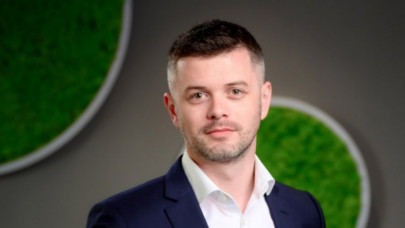How does L'Oréal Romania prioritize ESG initiatives within its business operations, and how do these align with the global L'Oréal group's sustainability goals?
Sustainability is a core part of how we do business at L'Oréal Romania. We follow the 'L'Oréal for the Future' plan, which sets big goals for 2030. In Romania, this means we're working to lighten our environmental footprint, be responsible, and act ethically. For example, we're making our deliveries and company cars more efficient to lower CO2 emissions. We're also focused on using more recycled materials in our packaging and making it easier to recycle. We also team up with clients and suppliers on sustainability projects for bigger impact, and when choosing our offices, we look at green factors, like using renewable energy and sustainable materials, just as much as convenient location and good working spaces.
Can you elaborate on L'Oréal Romania's specific strategies and initiatives to promote a circular economy within the beauty industry?
We believe in a circular economy – using resources wisely and reducing waste. L'Oréal is aiming to use 100% recycled or bio-sourced plastic in our packaging by 2030, and we're already at 32% globally. We're also working on refills and reusable containers. Here in Romania, we're encouraging people to choose bigger product sizes and refills, and we're helping them understand how and where to recycle our packaging.
What steps are you taking to ensure the sustainability of its supply chain, particularly regarding sourcing raw materials and ethical production practices?
Ethical sourcing is really important to us. We're proud to be recognized by Ethisphere as one of the World's Most Ethical Companies. In Romania, our inclusive sourcing program supports small businesses, women entrepreneurs, and suppliers who employ seniors or people from disadvantaged communities.
We also make sure all our suppliers meet our standards for environmental protection and human rights, using sustainable farming and keeping track of where our raw materials come from.
How do you address water scarcity and pollution issues in its manufacturing processes and product formulations?
Water is one of the main pillars of our L'Oréal for the Future program. We design our products to use less water in manufacturing and help consumers use less water too. We use water-saving tech in our factories and work to reduce water pollution. Some of our factories even recycle the water they use. We also ensure our product formulas are biodegradable and safe for our rivers, lakes, and oceans."
What specific actions is the company taking to reduce its carbon footprint and mitigate climate change?
We're actively working to reduce our carbon footprint with our 'L'Oréal for the Future' program. We're looking at every part of our business – from factories and deliveries to our suppliers and even how people use our products. We're switching to renewable energy, using less energy overall, making our deliveries more efficient, and helping our suppliers lower their emissions too. We've set new targets and are waiting for approval from the Science Based Targets initiative.
How does L'Oréal Romania define "clean beauty," and what steps are being taken to ensure transparency and safety in product formulations?
'Clean beauty' can mean different things to different people. For L'Oréal, it's about being clear about what's in our products and following strict safety rules. We use ingredients that are safe and effective, while also thinking about their environmental impact. We're always researching an


